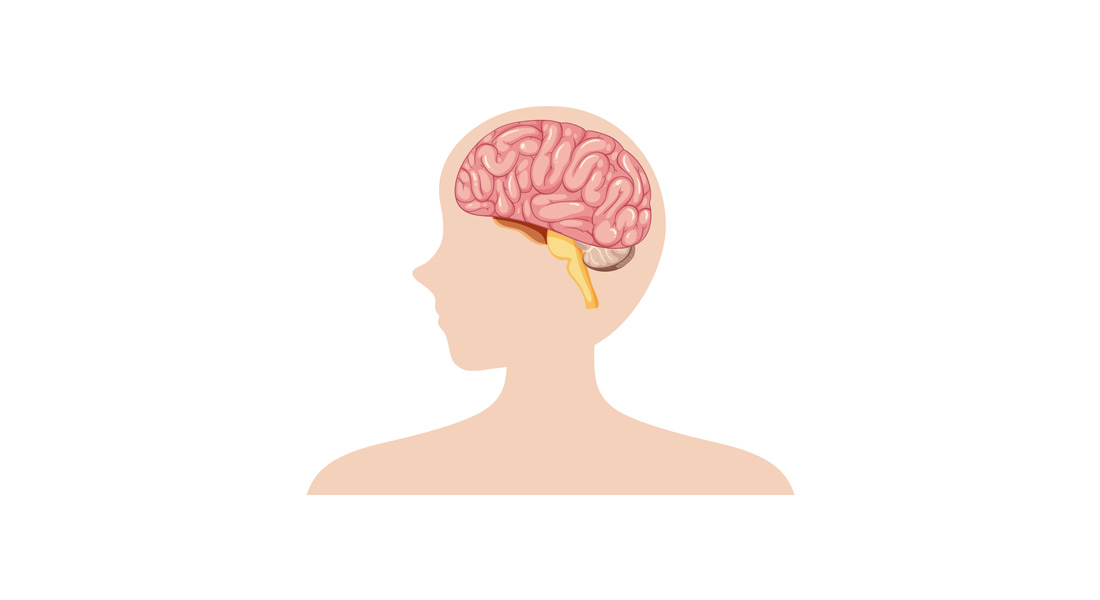Introduction to Psychology
As humans, curiosity drives us to seek the reasons behind events in our surroundings and try to understand people’s behaviors and our own actions in different situations. This knowledge is particularly valuable in healthcare, as psychology equips professionals to assess situations more insightfully and respond accordingly.
Definition and Scope of Psychology Psychology is defined as the systematic and scientific study of mental processes, behaviors, and experiences, both observable (overt) and internal (covert). Derived from the Greek words psyche (meaning spirit or soul) and logos (meaning discourse or study), psychology originally meant “science of the soul.” However, as understanding evolved, psychologists shifted focus from philosophical concepts like the soul to studying the mind, consciousness, and human behavior.
Psychology is now recognized as the science of behavior and mental processes, predicting behaviors and aiding in adjustment by uncovering the “laws of mind.” Modern psychology focuses on various phenomena:
- Mental Processes – includes thoughts, memories, and emotions.
- Behavioral Expressions – observable actions that reflect mental states.
- Physiological Concomitants – brain and body functions accompanying mental activities.
- External Stimuli – environmental factors influencing behavior.
- Animal and Human Behavior – studies both normal and abnormal behavior.
- Collective Behavior – understanding group dynamics and cultural traits.
Over the years, psychology has expanded into diverse branches, leading to distinct disciplines like experimental psychology, clinical psychology, social psychology, and others, and has firmly established itself as an empirical, independent science.
Historical Perspectives on Psychology Early psychologists defined the field as the study of the soul or spirit. However, this definition was rejected due to the abstract nature of the soul. Later, William James (1890) suggested that psychology is the study of the mind, though this too was limited as it couldn’t be empirically measured. William Wundt then introduced psychology as the study of consciousness and is credited as the “Father of Psychology” due to his pioneering experimental work in studying human behavior systematically.
The field then evolved with further contributions:
- William James (1892) – defined psychology as the study of conscious states.
- James Sully (1884) – described it as the science of the "inner world" separate from physical sciences.
- Wilhelm Wundt (1892) – focused on internal experiences and empirical study.
- W.B. Pillsbury (1911) and William McDougall (1905) – proposed psychology as the science of behavior, covering human and animal behavior.
Today, psychology encompasses the study of mental processes and behavior, including applied branches that address real-world problems.
Branches of Psychology
-
Pure Psychology: Primarily theoretical and research-focused.
- Abnormal Psychology: Studies mental disorders and abnormal behaviors, analyzing causes and proposing treatments.
- Developmental Psychology: Examines growth and behavioral changes across life stages.
- Experimental Psychology: Conducts research using scientific methods to understand fundamental causes of behavior.
- General Psychology: Covers foundational principles and theories related to normal adult behavior.
- Social Psychology: Investigates how individuals behave within social contexts.
- Physiological Psychology: Explores biological underpinnings, including nervous system functions affecting behavior.
-
Applied Psychology: Uses psychological principles to solve practical problems.
- Clinical Psychology: Addresses mental health and behavioral issues, offering therapeutic treatments.
- Educational Psychology: Applies psychology to learning processes and educational environments.
- Industrial Psychology: Examines workplace behaviors, aiming to enhance productivity and worker satisfaction.
- Military Psychology: Studies psychological principles relevant to military settings.
- Forensic Psychology: Integrates psychology with criminal justice, helping understand criminal behavior.
Methods in Psychology
Psychologists use a variety of research methods to study and predict human behavior. Key methods include:
- Introspection: Known as “self-observation,” this involves individuals reflecting on their own mental processes. It is cost-effective but limited as it cannot be used with animals or young children.
- Observation: Observes behavior in natural or controlled settings, allowing researchers to collect data from external behaviors, useful in both children and animals.
- Experimental Method: A scientific approach involving controlled experiments to determine cause-and-effect relationships.
- Anecdotal Method: Uses personal case recollections for insights, which may fuel further research.
- Clinical Method: Gathers an individual's life history, often used by psychologists and psychiatrists to understand psychological issues.
- Survey Method: Collects data from large populations via questionnaires and interviews, useful for understanding public opinion and attitudes.
Relevance of Psychology in Nursing
Psychology plays a crucial role in nursing by enhancing interpersonal skills, self-awareness, and patient care. Nurses benefit from psychology in numerous ways:
- Self-Understanding: Nurses become more aware of their strengths and weaknesses, aiding in personal development.
- Understanding Others: Allows nurses to understand the behaviors of colleagues, patients, and their families.
- Patient Care: Knowledge of psychology enables nurses to provide compassionate care, supporting patients' emotional needs.
- Improving Situations: Nurses can help patients adjust to hospital settings, address emotional challenges, and improve overall well-being.



Free Videos